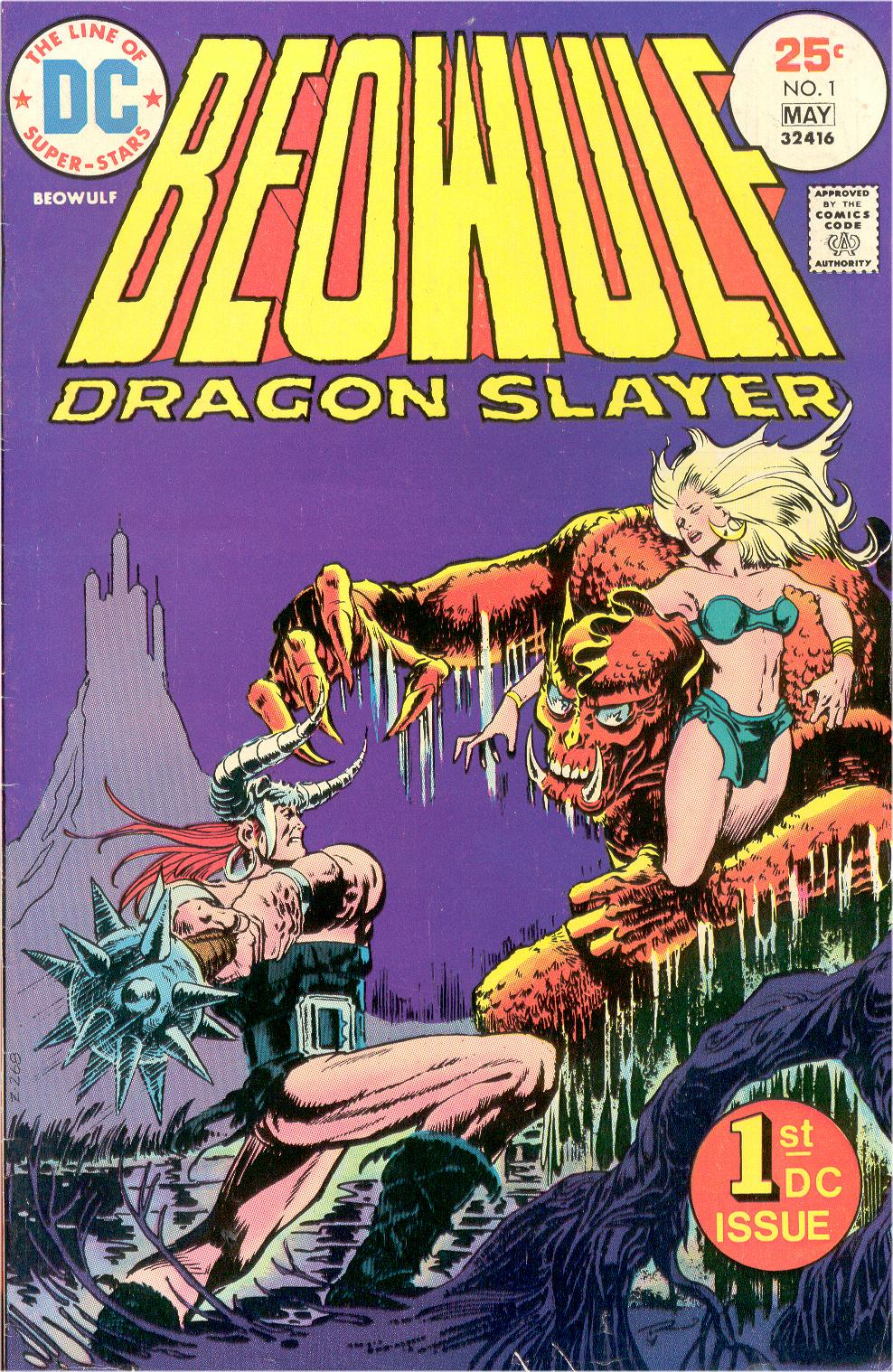5
« on: February 11, 2019, 01:16:46 AM »
Fascinating article, and one that brings a lot of fantasy concepts/difficulties into sharp focus (ha)!
I was interested to see you describe Harry Potter as high focus - of course it is in comparison with Gandalf's magic: magic is (in theory) replicable if you use the correct words or ingredients in the prescribed way, hence the importance of cauldron bottoms... But so many Harry Potter fans, as far as I can tell, actually felt it was too low focus, or at least you would think so based on the fic and headcanons I have seen. A lot of fans seem to have wanted more information about the source of wizards' magic, what exactly is powering spells, why wands work, and so on, and if they felt that a plot point was overly low-focus, they would substitute their own high-focus plot explanation instead! I suppose it is the nature of intense fandom to attract people who really do want to know everything about how magic works in a given setting. Whereas I always liked the fact that while Rowling was willing to delineate the boundaries of her world to some extent, she was going to stick with the original wizards-and-witches conceit enough not to bother explaining or justifying the existence/power source of magic. It would be interesting to map the times she goes into low focus - as you say later, some high focus franchises do save their low focus moments for times of great emotional weight, and I think Rowling does that quite well. (Although that said, I did once map out the mechanics of Harry's "resurrection" in book 7 in a flowchart, just to see if it could be done.) On the other hand, a LOT of fans on ff.net in particular seem to have hated the moments where she went low focus - I have heard so many disparaging remarks about "the power of love" - and that's where you see massively AU fic series taking off in which something, ANYTHING else is the explanation.
That said, I really like what you say about Tolkien and Lewis writing in low focus, and why they do that! It would be really interesting to think about Gandalf's powers in particular, because I think the reasons why his powers are Like That probably shift a bit between Hobbit and LotR, and point to larger themes in Tolkien's thinking as he wrote each book.
Great points about the advantages of high focus and low focus, too! I don't think I'd ever heard the advantages of high focus - satisfying plot resolution, mystery structures - articulated quite so clearly. It made me think about shounen manga, of all things, since the examples I've read often have a high focus/low focus problem: they start out with fairly basic, low focus stuff, then develop more detailed explanations/hierarchies/worldbuilding as they go along, but then as the stakes rise, they begin breaking their own rules almost cavalierly, which is very frustrating for the reader. (Naruto and Bleach spring to mind.) On the other hand, Psyren, which I really enjoyed, managed to be high focus and use all the advantages of that to create a really tight, compelling plot (if I am remembering it right). But one of the reasons it managed to do that was because it kept its 'high focus' relatively limited and simple - it didn't create too many rules to break.
And low focus can work so fantastically well for atmosphere (COUGH Patricia A. McKillip COUGH). I'm going to break out of the brackets and say that Patricia A. McKillip's Riddle-Master trilogy is one of the best examples of low focus I've read. It uses low focus to its full extent to create atmosphere, especially because the story actually takes place in a fairly post-apocalyptic setting, so the reader is very aware that not only do we not know that much about how this world works, the characters don't either. McKillip takes care to make sure that while her low-focus magic doesn't necessarily make intellectual sense, it always makes a kind of emotional sense - it resonates. And she's still able to include forms of magic which the main characters are unfamiliar with or didn't believe were possible, and to include mystery by creating a kind of historical mystery (centred around the whole post-apocalyptic thing), rather than a mystery of magical mechanism.
Have you ever read any C.J. Cherryh? I think her work is really interesting in light of this discussion, because in terms of worldbuilding and plot, she comes off as - very high-focus, but in fact so much so that the EFFECT is low-focus. It may be my inveterate habit of skim-reading, but I always find when I read her books that I don't have much of an idea what the hell is going on or how anything in her world works, but it DOES create a very strong atmosphere which I enjoy. And the bones of high-focus are there enough that I can really enjoy the plot resolution - partly because she backs it up with emotional weight every time, so in addition to it all adding up, it also feels right.
I could go on and on, including touching on Nine Fox Gambit, which is REALLY high-focus and low-focus at the same time, but I think this is probably long enough already...!






